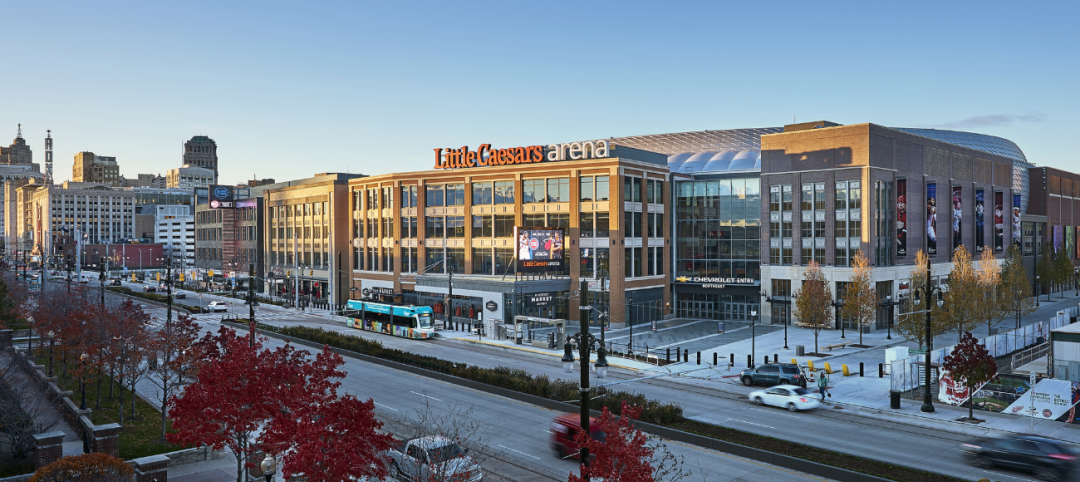The demand created by the unstoppable growth of ecommerce continues to have a major impact on the industrial building sector’s design and construction of factories, warehouses, distribution centers, and fulfillment centers.
Walmart Mexico is in the midst of a five-year program to build 15 distribution centers across that country. SSOE Group has engaged in the design and construction management of three of these so far: a 376,000-sf building in Chihuahua, a 645,000-sf distribution center in Tabasco, and a 400,000-sf facility in Chalco, according to Erick Kuri, SSOE’s Mexico Division Manager.
Stantec is experiencing greater demand for distribution centers (DCs) in all geographies, says George Halkias, a Senior Principal with the firm. He says the location of warehouse, distribution, and fulfillment centers is often determined by how quickly that building can be operational.
Related content: Top 70 Industrial Sector Architecture Firms
Related content: Top 85 Industrial Sector Engineering Firms
Related content: Top 95 Industrial Sector Contractors Firms
Michael Schmidt, Leo A Daly’s Market Sector Leader for Food, Distribution, and Manufacturing, sees clients shifting from large, remote distribution facilities to fulfillment centers closer to metros. One retail client, Target, commissioned his firm to transform one quarter of the square footage in five of Target’s million-sf DCs to accommodate fulfillment functions.
Ware Malcomb, which designs about 70 million sf of industrial space annually, is designing fulfillment centers that range from 40,000 sf to more than a million sf. Jim Terry, a Principal with the firm, notes that ceiling heights in some specialized ecommerce centers reach as high as 100 feet. Developers are considering cubic volume (abetted by technology) to accommodate more goods, and are asking for buildings with up to 40 feet of clear ceiling height.
Eric Buer, Burns & McDonnell’s Real Estate Development Director, says there’s a “huge need” for various types of warehousing and logistics capacity in response to the online sales boom. But at the current pace of development, only about half of the needed space over the next five years will be available.
The industry is definitely homing in on strategies to enhance and improve last-touch distribution capabilities. “The costs associated with multiple deliveries are the single largest target margin left in this cycle,” says Brian Chatham, a Project Manager with Burns & McDonnell. Chatham anticipates that freight consolidation by seller or delivery point will be an ongoing effort among operators.
Automating industrial facility operations
Automated storage and retrieval systems and robotics in general are becoming more common in industrial facilities, too, so Stantec has been working with clients to determine automation’s real impact on their ROI. Stantec uses such tools as discrete-event simulation and mathematical optimization to model, test, improve, and evaluate systems performance in a virtual environment against stated project objectives.
Kuri of SSOE adds that automation integration is driving mechanical and electrical support systems to accommodate fewer employees, “or essentially be able to go dark with lighting systems only for maintenance.”
Tech is pervasive in this sector. Todd Schell, Senior Vice President–Industrial Sector for Ryan Companies, spots a “renaissance” in concrete technology that, for DCs, helps to minimize the need for sawcut or other joints that are hard on equipment. Prefabrication is also a growing trend, which Schell says is being utilized mostly for MEP construction.
Ryan Companies uses BIM and VDC frequently during the design phase of industrial projects to eliminate conflicts. Clayco, which started or completed 41.2 million sf of industrial projects in 2018, designs all projects for this sector in 3D and in ways that the facility can be built in modularized sections offsite, says Anthony J. Johnson, Clayco’s Executive Vice President and Industrial Business Unit Leader.
As industrial buildings move nearer to urban areas, their designs are taking into account the surrounding aesthetic. “Our design approach is to look at warehouses as workplaces worthy of design excellence as a Class A office building,” says Schmidt of Leo A Daly.
The primary goal of any big change in this sector is, inevitably, faster delivery. “That requires finding land closer to customers, efficiency in scaling, and shortening delivery timeframes,” observes Clayco’s Johnson.
Buer says his firm is working on design ideas “for same-day, same-hour delivery options.” Like other AEC firms in this sector, Burns & McDonnell is keeping a close eye on the demand for and efficacy of multistory warehouse and distribution centers that last year started popping up in a few U.S. cities.
“The exciting new trend is for freestanding, multistory warehouses within metro areas,” says Borys Hayda, Partner and Managing Principal with DeSimone Consulting Engineers, which is designing five such projects to be located in the New York boroughs of Queens, Brooklyn, and The Bronx.
Ware Malcomb is working on five multistory distribution projects that are in various stages of development. The firm has master-planned over 50 sites to accommodate these facilities in major North American markets, says Michael Bennett, a Principal with the firm.
MORE FROM BD+C'S 2019 GIANTS 300 REPORT
Related Stories
Giants 400 | Aug 2, 2019
Top 160 Contractors for 2019
Turner, Jacobs, Whiting-Turner, AECOM, and DPR head the rankings of the nation's largest general contractors, CM at risk firms, and design-builders for nonresidential buildings and multifamily buildings work, as reported in Building Design+Construction's 2019 Giants 300 Report.
Giants 400 | Aug 2, 2019
Top 40 Engineering Architecture Firms for 2019
AECOM, Jacobs, Burns & McDonnell, Thornton Tomasetti, and NV5 top the rankings of the nation's largest engineering architecture (EA) firms for nonresidential buildings and multifamily buildings work, as reported in Building Design+Construction's 2019 Giants 300 Report.
Giants 400 | Aug 2, 2019
Top 80 Engineering Firms for 2019
WSP, Kimley-Horn, Terracon, Arup, and Jensen Hughes top the rankings of the nation's largest engineering firms for nonresidential buildings and multifamily buildings work, as reported in Building Design+Construction's 2019 Giants 300 Report.
Giants 400 | Aug 1, 2019
2019 Engineering Giants Report: Firms add in-demand services
Top business innovations from the nation's largest engineering and engineering architecture (EA) firms, as reported in Building Design+Construction's 2019 Giants 300 Report.
Giants 400 | Jul 31, 2019
Top 100 Architecture Engineering Firms for 2019
Stantec, HDR, HOK, SOM, and CallisonRTKL head the rankings of the nation's largest architecture engineering (AE) firms for nonresidential and multifamily buildings work, as reported in Building Design+Construction's 2019 Giants 300 Report.
Giants 400 | Jul 30, 2019
2019 Architecture Giants Report: The year that was at 94 design firms
A roundup of trends, innovations, new hires, and big wins from 94 of the nation's largest architecture and architecture/engineering (AE) firms, as reported in Building Design+Construction's 2019 Giants 300 Report.
Giants 400 | Jul 30, 2019
Top 150 Architecture Firms for 2019
Gensler, Perkins+Will, HKS, and Perkins Eastman top the rankings of the nation's largest architecture firms for nonresidential and multifamily buildings work, as reported in Building Design+Construction's 2019 Giants 300 Report.
Giants 400 | Jul 2, 2019
2019 GIANTS 300 REPORT: Innovations and trends at the nation’s largest architecture, engineering, and construction firms
More than 485 U.S.-based architecture, engineering, and construction firms participated in the 2019 Giants 300 report. Check out the rankings below.
Giants 400 | Jun 26, 2019
How are the AEC Giants faring in the tech arms race?
About half (42%) say their firm is “on par” with their most-direct AEC competitors.
Giants 400 | Oct 12, 2018
Sports venues reach outside their walls
Professional and collegiate facilities invite fans to engage with the community.


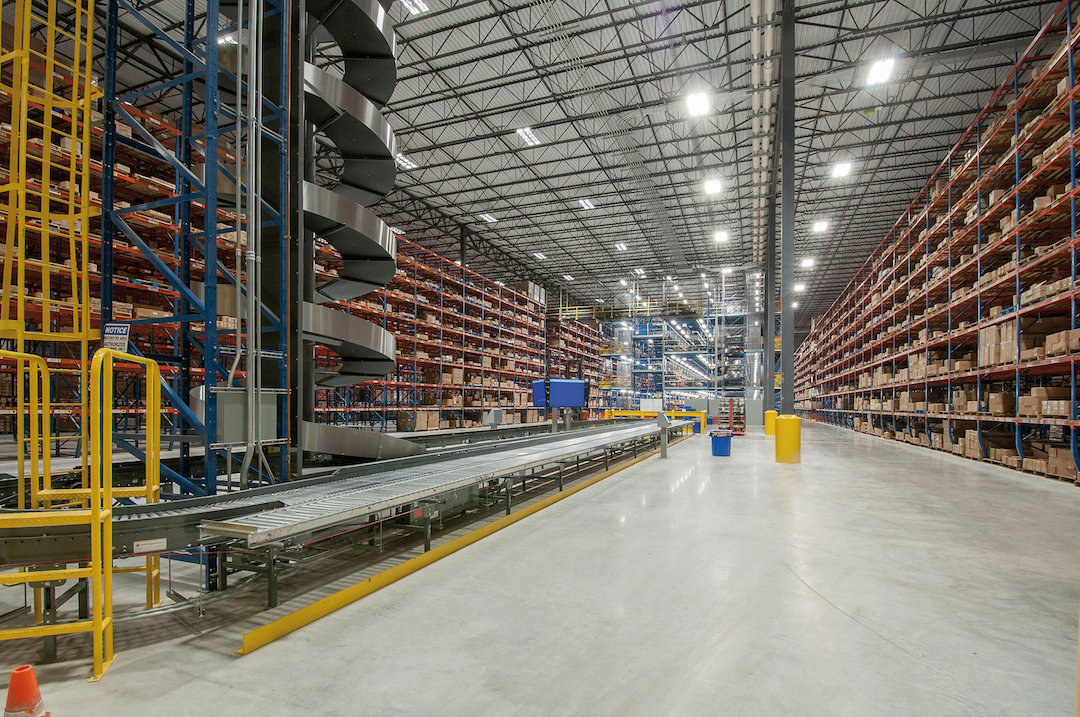

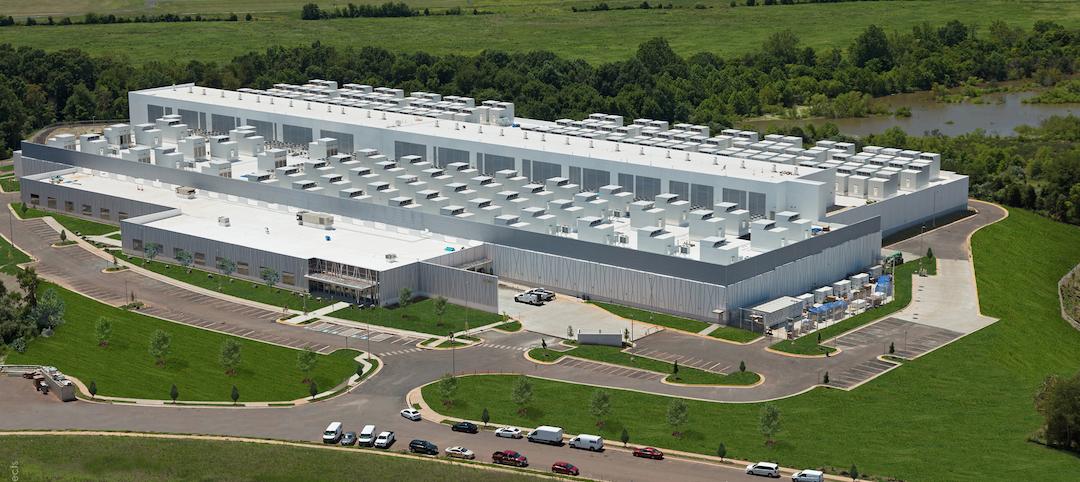
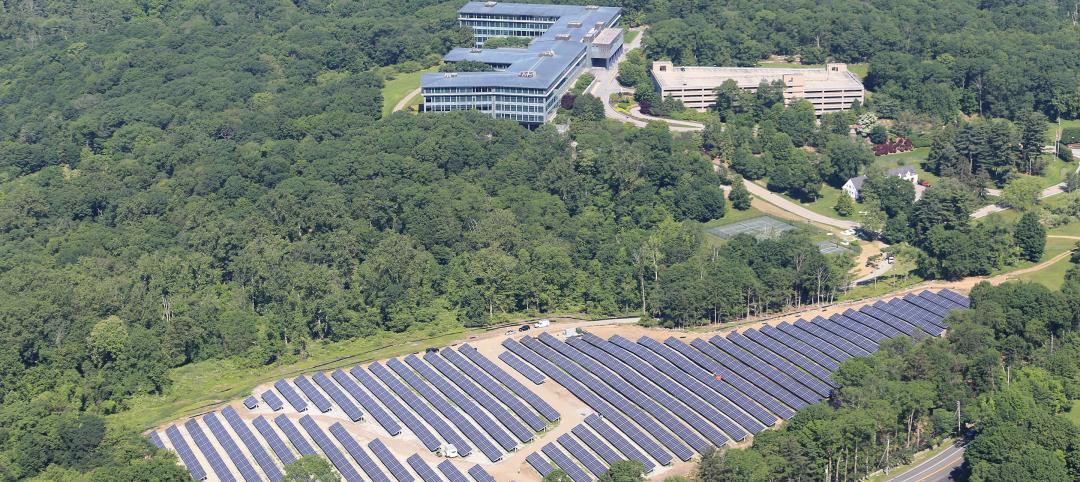
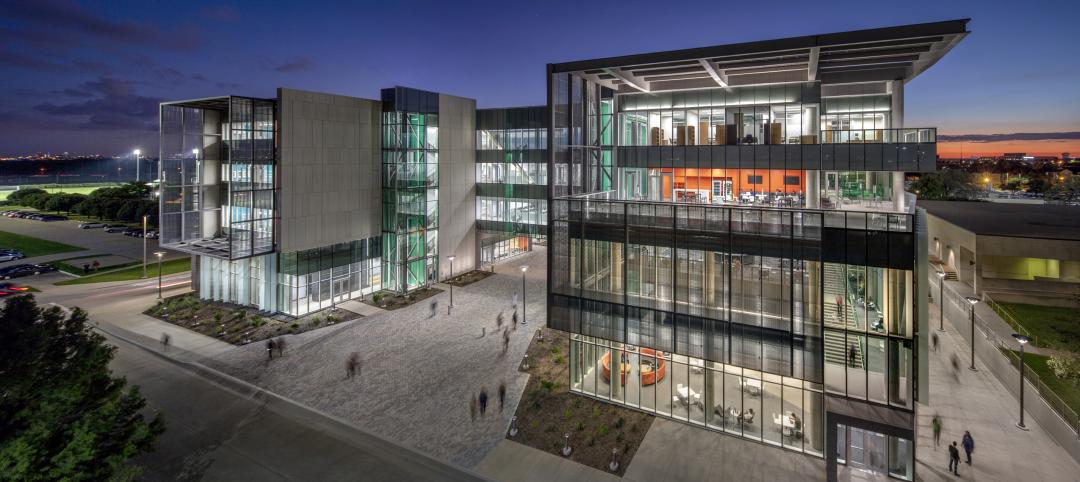


![Top 150 Architecture Firms for 2019 [Giants 300 Report] Top 150 Architecture Firms for 2019 [Giants 300 Report]](/sites/default/files/styles/list_big/public/Microsoft%20London%20headquarters%2C%20by%20Gensler%2C%20photo-%20Gareth%20Gardner%20.jpg?itok=CL3WnzuY)


